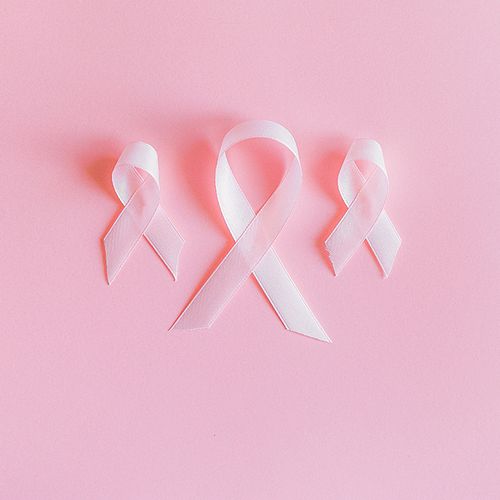If you have cancer and you're being treated for it with surgery and/or chemotherapy, you may have heard that you're at high risk for life-threatening blood clots. To make bad news even worse, a recent study reveals that the risk may be even higher than scientists previously thought.
Assessing Your Risk
Gary H. Lyman, MD, MPH, a professor of medicine and an expert in cancer treatment at Duke University School of Medicine in Durham, North Carolina, explained that researchers looked at the records of 30,552 female patients, average age 61, receiving chemotherapy or surgery for cancers of the bladder, colon, lung, ovaries, pancreas, rectum or stomach Patients who were already at a higher risk for blood clots were excluded from the study.
The results of the study are concerning. Within one year of surgery or chemo, a specific kind of clot called a venous thromboembolism (VTE) developed in 99% to 21.5% of the cancer patients either while they were in the hospital or after they had returned home-bladder cancer patients had the lowest occurrence rate, while pancreatic cancer patients had the highest.
A VTE, said Dr. Lyman, is a clot that first forms in a vein anywhere in the body (though it usually occurs in the leg or the pelvis), and without treatment, it may travel to the lungs and block an artery. This type of clot is serious and can cause anything from breathing difficulty to heart failure to sudden death. In fact, of the 300,000 to 600,000 Americans who develop severe blood clots like this each year, the Centers for Disease Control and Prevention estimates that 60,000 to 100.000 die.
The study, presented at the recent European Multidisciplinary Cancer Congress in Stockholm, Sweden, was funded by the pharmaceutical company Sanofi-Aventis which, it should be noted, markets a drug specifically aimed at solving this problem-an anticoagulant called enoxaparin (Lovenox).
What Causes The Clots?
Is it the cancer, the surgery or the chemotherapy? "All of the above," Dr. Lyman said. It's partly the cancer, he explained, because tumors naturally secrete inflammatory substances that are blood-clotting agents—though scientists aren't sure why. It's also partly the surgery, said Dr. Lyman, because surgery increases the risk for infections (a risk factor for blood clots), as does being sedentary in bed recovering from surgery. And finally, chemotherapy plays a role, too, because both intravenous catheters and the chemical irritation of the chemotherapy on the blood vessel walls may increase risk for clots. Researchers don't fully understand why patients with some types of cancer get more clots than others, Dr. Lyman said, but he added that those questions will be the subject of studies in the near future.
How To Stay Safe
The recent study is expected to get considerable attention from oncologists, Dr. Lyman said. The American Society of Clinical Oncology and the National Comprehensive Cancer Network are both updating guidelines that encourage doctors to be on the lookout for clots and, when appropriate, to give patients anticoagulant drugs early on to reduce the possibility of clots. Dr. Lyman also advises doctors to tell cancer patients about safer interventions, such as standing up every hour at work or on long car or plane rides and not crossing your legs for long stretches.
Cancer patients themselves, he said, should be vigilant. Tell your doctor immediately about any swelling in the leg or pain in the calf, which can be signs that you have a potentially dangerous VTE. Also report any unexplained shortness of breath, coughing, an irregular heartbeat or coughing up blood, all of which can be signs that a life-threatening clot has reached the heart or lungs. And, by all means, let all of your doctors know if you have a personal or family history of blood clots.
Marriage Can Help You Survive Cancer
Did you know married people are more likely to survive cancer than people who have never married? Never-married men were 35% more likely to die from their cancer between 2005 and 2007 (latest data available) than men who were married, divorced or widowed. Never-married women were 22% more likely to die from their cancer. The findings apply to 13 common cancers, including breast and prostate.
